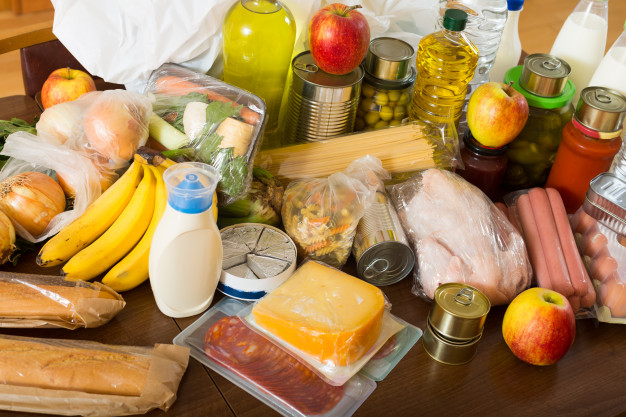We are never far from a story demonising plastics, social media, blogs, activists and other outlets continually share stories about the many negative impacts of plastics. Plastic filled beaches, littered bottles and bags and “unnecessary” packaging is promoted to show what a harmful and unnecessary problem the material is, when in reality, this couldn’t be further from the truth.
Environmental Folklore – What is the truth?
It is often a very biased, one-sided view that is portrayed when it comes to plastics, showing only the issues with the material, and solely focusing on just the issues with plastics, avoiding the comparisons against the alternative materials (such as paper and glass) and the many issues which they pose.
Sadly, plastic gets the focus and not in a positive view. The unequal balanced argument has resulted in the public being misinformed, and now having a dislike towards plastics, which we are going to rectify by posing the other, lesser-known side of the argument. Starting with the issue of waste.
Litter – who is to blame?

Plastic pollution is undoubtedly a big issue, but 2 questions puzzle us, why just speak about plastics? and why blame the material?
Plastics are just one of the many items littered across our streets, countrysides and beaches (which result in ocean pollution) – paper, glass and metals are also prime culprits. For reasons often unknown these avoid the negative spotlight. Plastics are often more visible in oceans, due to their lightweight meaning they float, however glass, paper and metal are all there too – simply sitting at the bottom of the ocean.
Despite all of this, this waste didn’t get there on its own, it was littered and studies show that 80% of litter is purposeful. Blaming the material or the brand is misplaced blame when the real culprit is the person who littered in the first instance. Sadly, this fact is overshadowed by more plastic bashing, causing further negativity.
The alternatives are not as they seem
The same sources that are blaming plastics for litter are also encouraging consumers to use alternatives to the material. Paper, glass, cotton – are all shown to be the ‘greener’ product, when the reality is they are far worse.
- Paper, cotton and glass use up far more energy, water and land to produce and recycle, in comparison to plastic. These also produce far more CO2 to create, recycle and decompose.
- Plastic is far lighter than the other options.
- You would have to use a paper cotton bag up to 4 times and a cotton shopping bag 173 to be as environmentally friendly as using a plastic bag once.
- Plastic is highly recyclable despite the press which it receives, which often suggest they are not.
- Paper, glass and cotton are often noted to be re-useable products, yet studies show that 90% of the time, they are not re-used and are instead recycled or placed into the general waste, often even littered.
- Paper when dirty, wet or soiled can not be reused or recycled, whereas plastic, is easily cleaned before it can be re-used and recycled.

Plastics should be praised
Plastics are a life-saving material, with lots of medical products made out of it including syringes, capsules and more. Plastics are essential in hospitals and clinical areas, to help keep things sanitised and clean, which is particularly important during the COVID-19 pandemic.
Plastic packaging also plays a very important role in reducing food waste. A small amount of plastic can increase food shelf life up to an additional 28 days for some foods.
Why is this so important? Because when food decomposes, it releases extreme amounts of methane – causing damaging effects to the earth’s atmosphere.

The press which plastic receives is often wrongful, bias and uneducated, based on theories and incorrect statistics, made up by other media outlets. Plastics as a material is very valuable, low impact and far greener than other options, as such they should be valued accordingly.
Read more on the benefits of plastics in our literature bank.
James Piper’s The Rubbish Book has lots of good information on plastic waste.